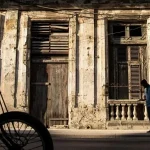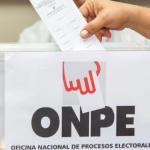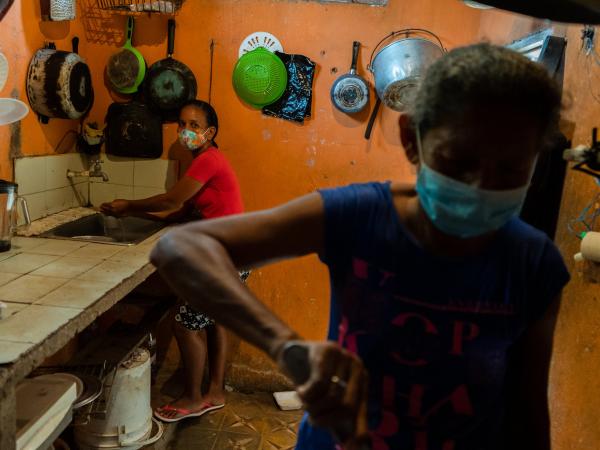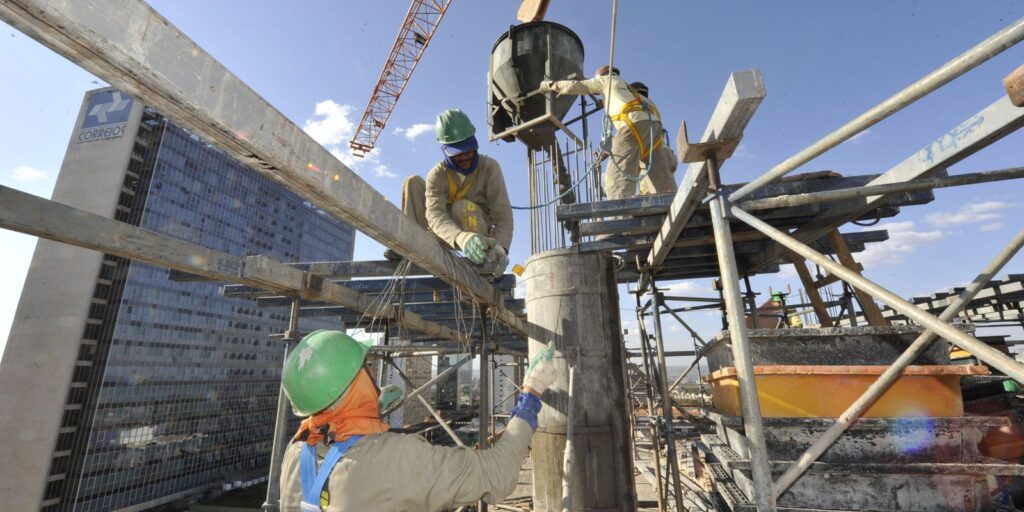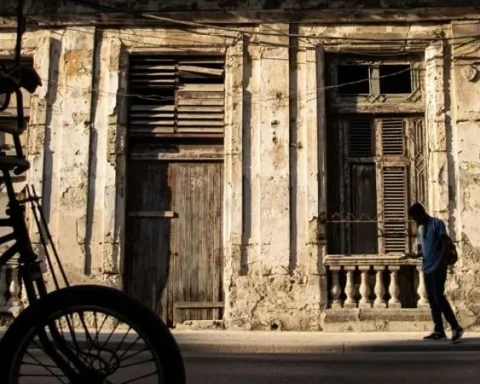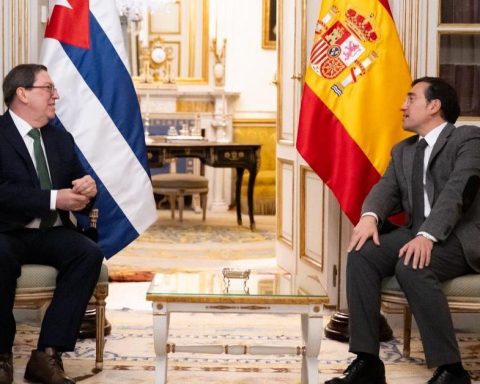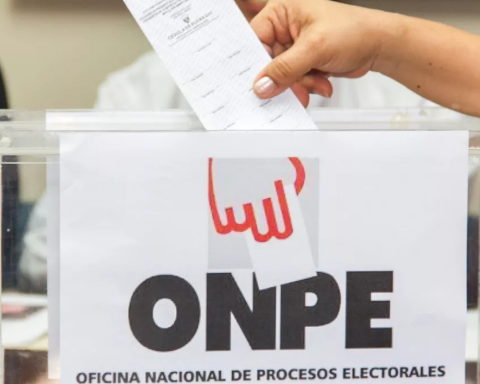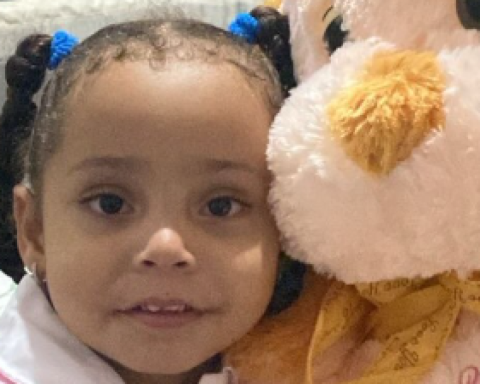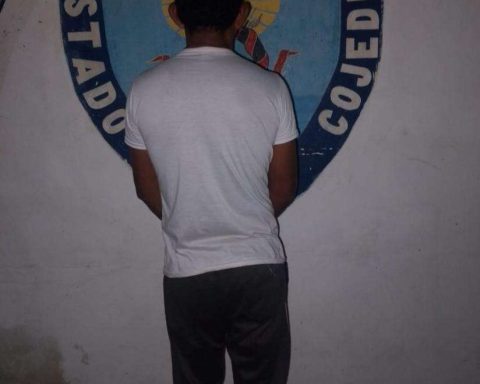
The regional presidential delegate of Tarapacá, Miguel Ángel Quezada, admitted that the possibility of decreeing a curfew in the northern provinces that have a State of Exception in force due to the migratory crisis is being “permanently evaluated” and that it is every head of the local National Defense who “has to measure how that decision is made”.
In a conversation with T13, Quezada stated that they are trying to resolve the situation on the other side of the border, in which they are not accepting the redirection of people. “We are looking at how we can make negotiations between Bolivia, the Foreign Ministry, with our Interior Minister Rodrigo Delgado,” who “has always been willing to talk and push us so that this relationship with Bolivia is strengthened in order to resolve this immigration problem.”
In turn, the delegate pointed out that “we in the Tarapacá Region have already redirected 90 people, and obviously the minister is referring to the entire northern Macrozone, therefore we are going to continue working on redirecting those people who are in that condition”.
“Now, we have a very particular situation, because Bolivia is accepting its compatriots and we believe that those people who also entered Bolivia legally should accept it definitively and without objecting. And what we have to work on together is those people who also entered the country illegally” and who also entered the neighboring country in the same way.
Quezada assured that despite the fact that “in the first stage they also accepted Venezuelans and other nationalities,” now they no longer receive them and “they are only accepting Bolivians at this time.”
Consulted by the people left behind on the border, he maintained that “this is where Decree 265 appears, the new Immigration Law and the Exception decree that we have, in order to prevent people from entering our territory and prevent them from entering these conditions and obviously that the redirection is one of the other elements and we have to continue working on that”, also pointing out that the people want a new “orderly, regular and safe” migration law.
Regarding foreigners who are left wandering, the delegate explained that “we have been working with Bolivia to accept them, the army and Carabineros redirect them to the PDI to do the paperwork and deliver them.” In relation to those who are not received, they are in the area of ”the first response that is there to keep them in place, otherwise we are going to carry out the process that is the administrative procedure of expulsion of people who are in those conditions” .
For the expulsion, they have 48 hours to complete the procedure and in the event that Bolivia does not accept the return of foreigners, the new law decrees that they will be returned to their countries, so Chile must have the tools to do so. “At the beginning of March, we are going to have a new plane in which we are going to take all the expelled people who are in our region,” he reported in this regard.
Despite border controls, many times the multitude of people who cross the border is too big for Army personnel, a fact to which the delegate assured that “we are going to work on this so that it is not more permeable than it has been “.
Therefore, the redirection of foreigners “is a permanent task” and “we invite all the authorities in our region to collaborate and help to make this happen, to the extent that we create the conditions so that people do not cross “.
In this sense, Quezada decided to remind the coyotes whom “we are also sanctioning”, since for “those who transport these people, the new law says that there is a fine of one million pesos for each migrant found in these vehicles”. The purpose is “to discourage those who are transporting to cross from Bolivia to Colchane,” he concluded.






